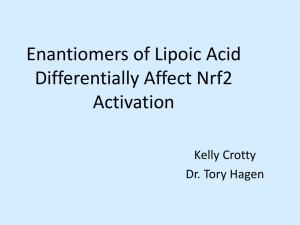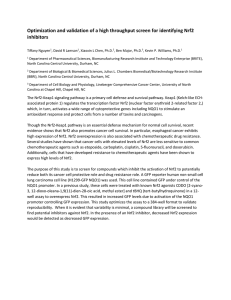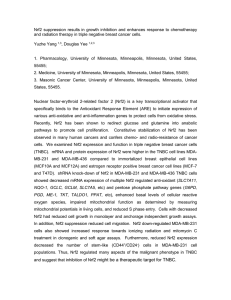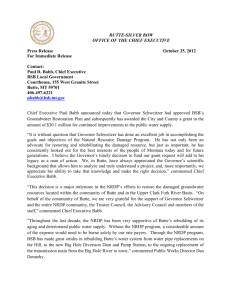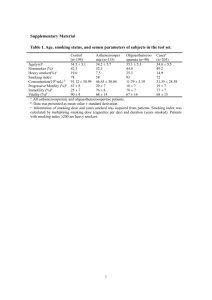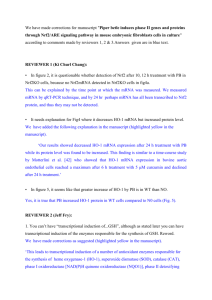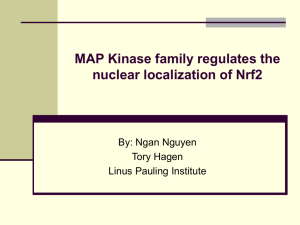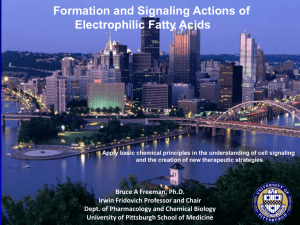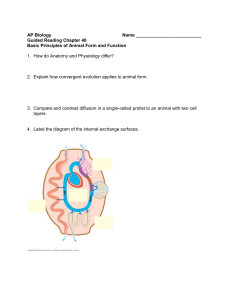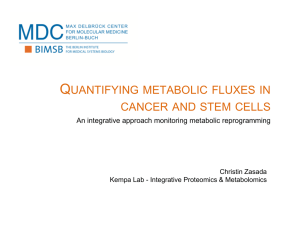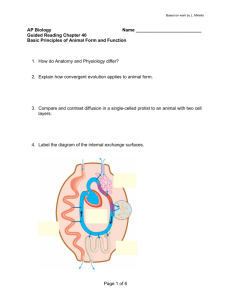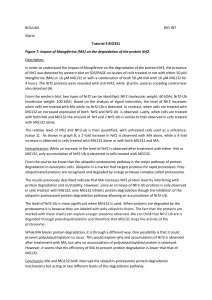2013.07.02 特徴あるプログラムTokupro(Cancer Science Course
advertisement
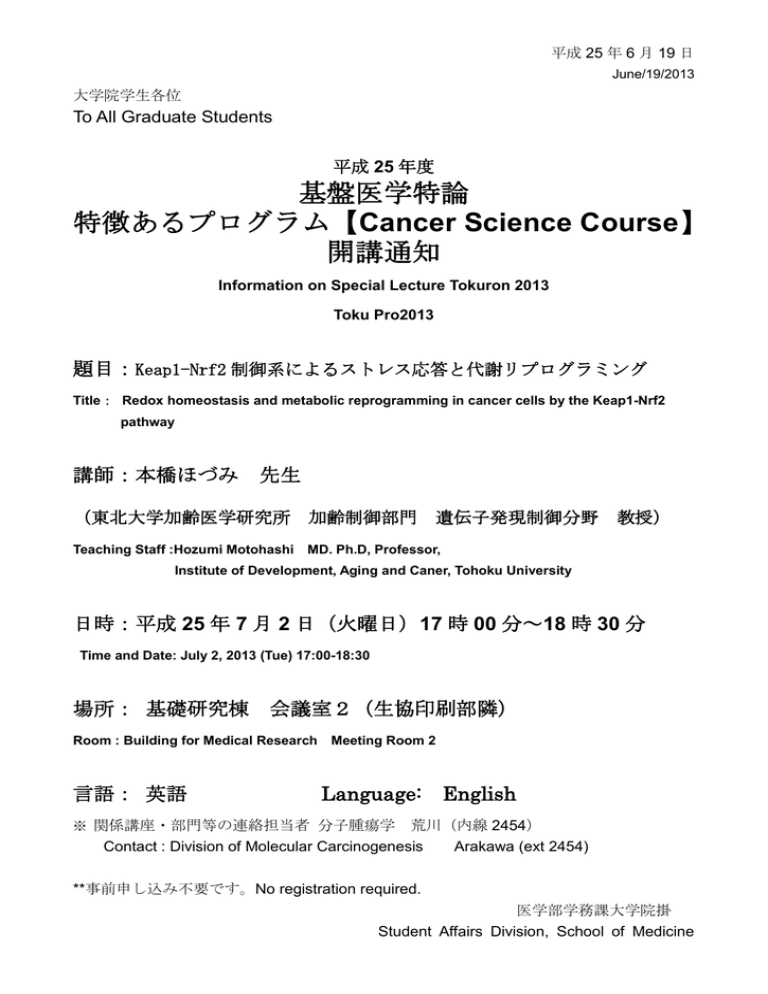
平成 25 年 6 月 19 日 June/19/2013 大学院学生各位 To All Graduate Students 平成 25 年度 基盤医学特論 特徴あるプログラム【Cancer Science Course】 開講通知 Information on Special Lecture Tokuron 2013 Toku Pro2013 題目:Keap1-Nrf2 制御系によるストレス応答と代謝リプログラミング Title: Redox homeostasis and metabolic reprogramming in cancer cells by the Keap1-Nrf2 pathway 講師:本橋ほづみ 先生 (東北大学加齢医学研究所 加齢制御部門 遺伝子発現制御分野 教授) Teaching Staff :Hozumi Motohashi MD. Ph.D, Professor, Institute of Development, Aging and Caner, Tohoku University 日時:平成 25 年 7 月 2 日(火曜日)17 時 00 分~18 時 30 分 Time and Date: July 2, 2013 (Tue) 17:00-18:30 場所: 基礎研究棟 会議室2(生協印刷部隣) Room : Building for Medical Research Meeting Room 2 言語: 英語 Language: English ※ 関係講座・部門等の連絡担当者 分子腫瘍学 荒川(内線 2454) Contact : Division of Molecular Carcinogenesis Arakawa (ext 2454) **事前申し込み不要です。No registration required. 医学部学務課大学院掛 Student Affairs Division, School of Medicine Abstract: Redox homeostasis and metabolic reprogramming in cancer cells by the Keap1-Nrf2 pathway Hozumi Motohashi Institute of Development, Aging and Cancer, Tohoku University Nrf2 is a master transcriptional activator of genes encoding cytoprotective enzymes and antioxidant proteins that are induced in response to electrophiles and reactive oxygen species (ROS) of exogenous and endogenous origins. Under unstressed conditions, Nrf2 is constantly ubiquitinated by Keap1 and degraded in the proteasome. During exposure to electrophiles or ROS, Keap1 is inactivated, and Nrf2 is stabilized. Consequently, Nrf2 activates transcription, conferring resistance against xenobiotic and oxidative stress. Constitutive stabilization of Nrf2 has been observed in substantial numbers of human cancers for genetic and/or epigenetic reasons. Cancers with increased levels of Nrf2 are associated with poor prognosis because of not only resistance against chemotherapy and radiotherapy but also aggressive proliferation. We recently found that Nrf2 accelerates cell proliferation through directly activating the pentose phosphate pathway and simultaneously facilitating purine nucleotide synthesis and glutamine metabolism in the presence of proliferative signals. The activation of PI3K-Akt signaling enables Nrf2 to induce these metabolic genes, which contributes to the establishment of metabolic activities unique to cancer cells. The functional potentiation of Nrf2 by proliferative signals boosts the reorganization of cellular metabolic activities supporting cell proliferation. Dual role of Nrf2 in the stress response and metabolic reprogramming underlies the malignant evolution of cancers.
